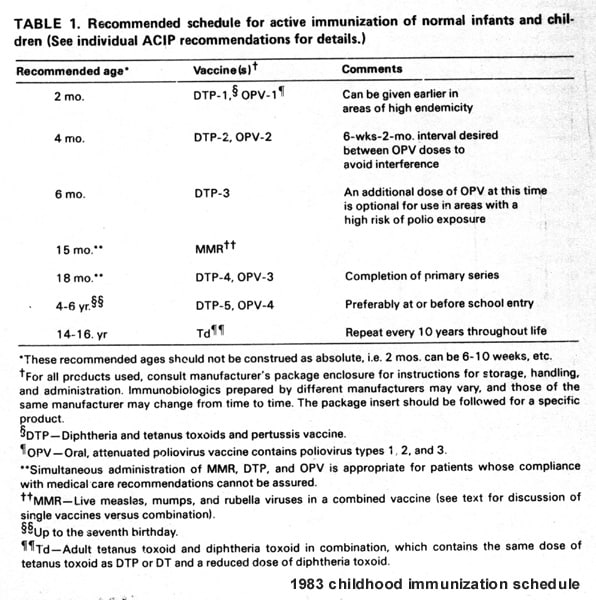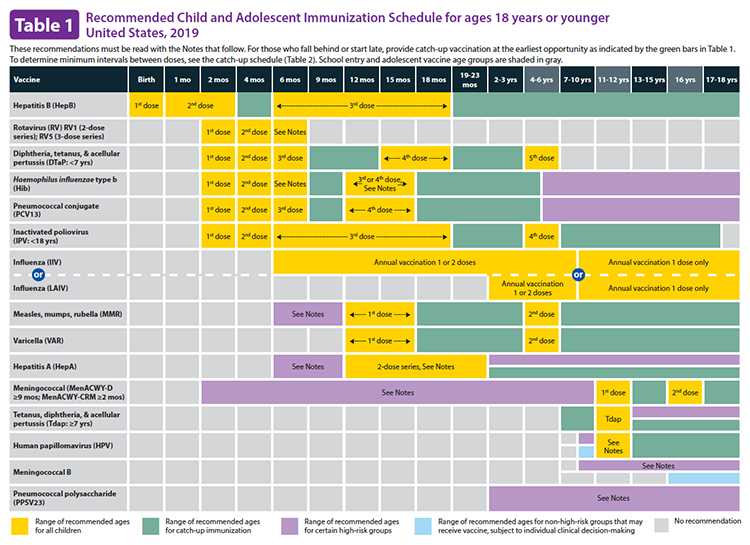Table of Contents
- The Importance of Immunizations
- How the Vaccine Schedule in the U.S. Has Evolved Since the 1950s
- Why Are Vaccine Schedules Different in Each Country? - VAXOPEDIA
- Technical Assistance to Support Urban Immunization Strategy in ...
- Why Are Vaccine Schedules Different in Each Country? - VAXOPEDIA
- Immunization Schedule for Vaccines used in Nigeria | Download Table
- CDC Issues Guidance on Immunizations During Pandemic | AAFP
- vaccines
- Building knowledge about immunization to promote good health | The ...
- Are Immunization Schedules Evidence-Based? | American Council on ...



Why Immunization Matters



Recommended Vaccines for Different Age Groups



Where to Get Vaccinated
You can get vaccinated at various locations, including: Healthcare Provider's Office: Your healthcare provider can administer vaccines during routine check-ups or separate visits. Local Health Department: Many local health departments offer vaccinations, including flu shots and other recommended vaccines. Pharmacies: Many pharmacies, such as CVS and Walgreens, offer vaccinations, including flu shots and other recommended vaccines. Community Clinics: Community clinics and health centers may also offer vaccinations, including free or low-cost options.